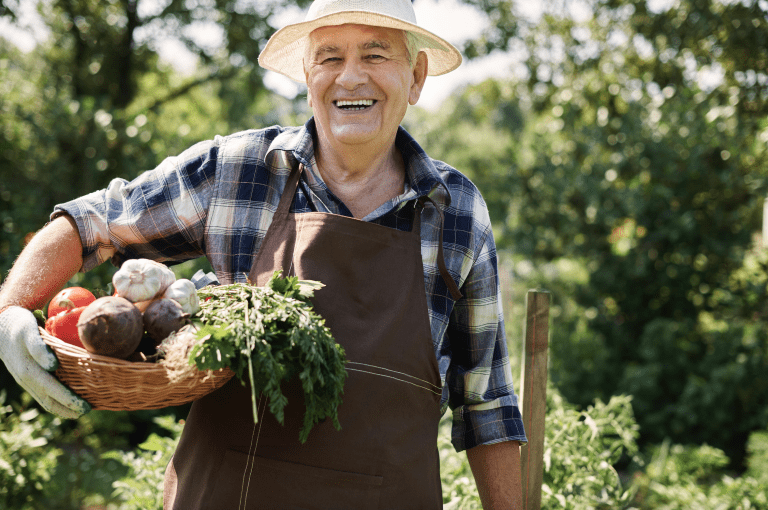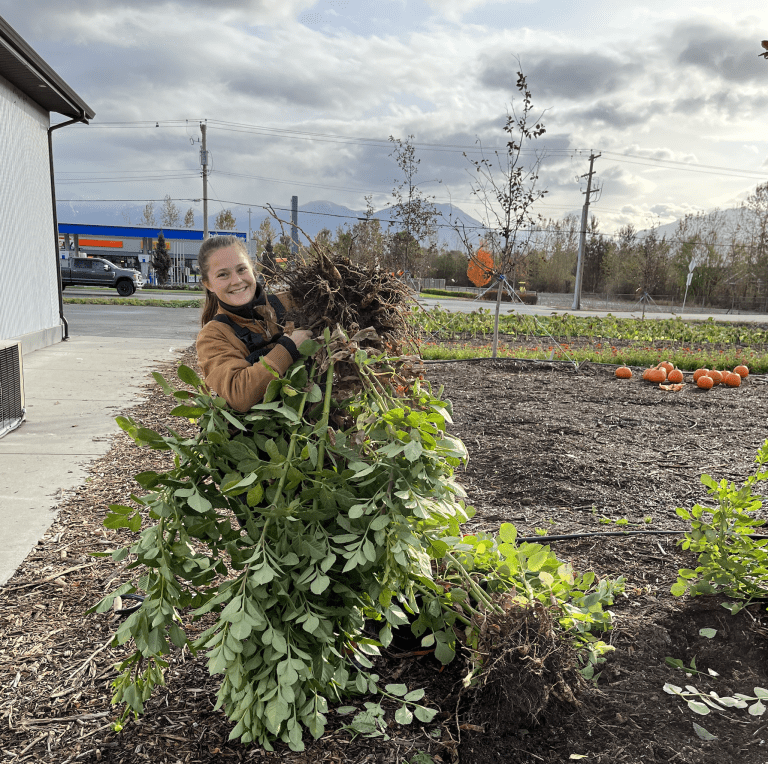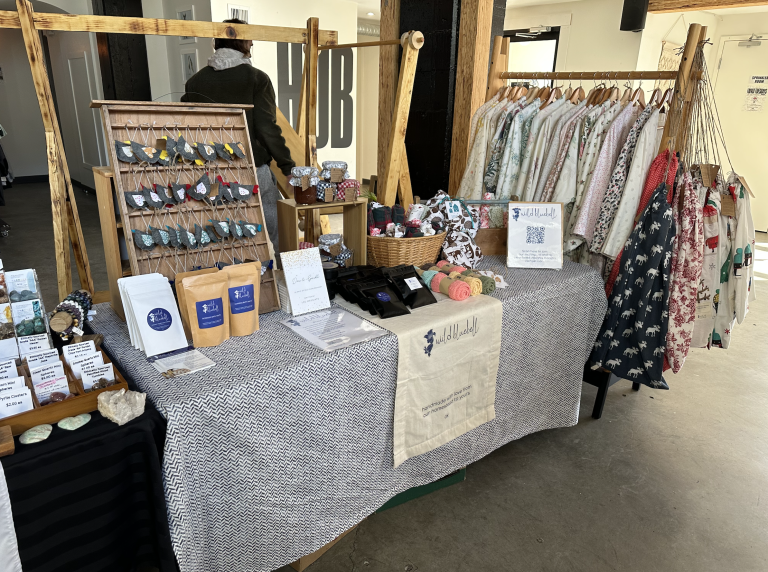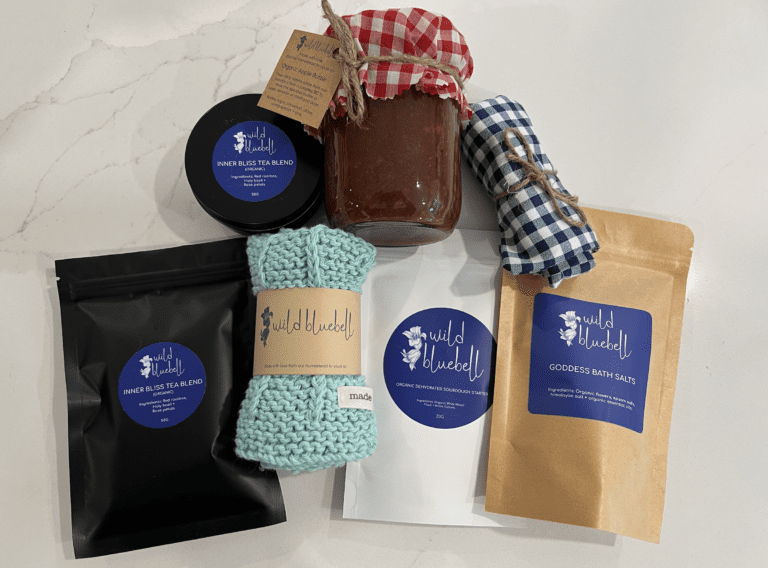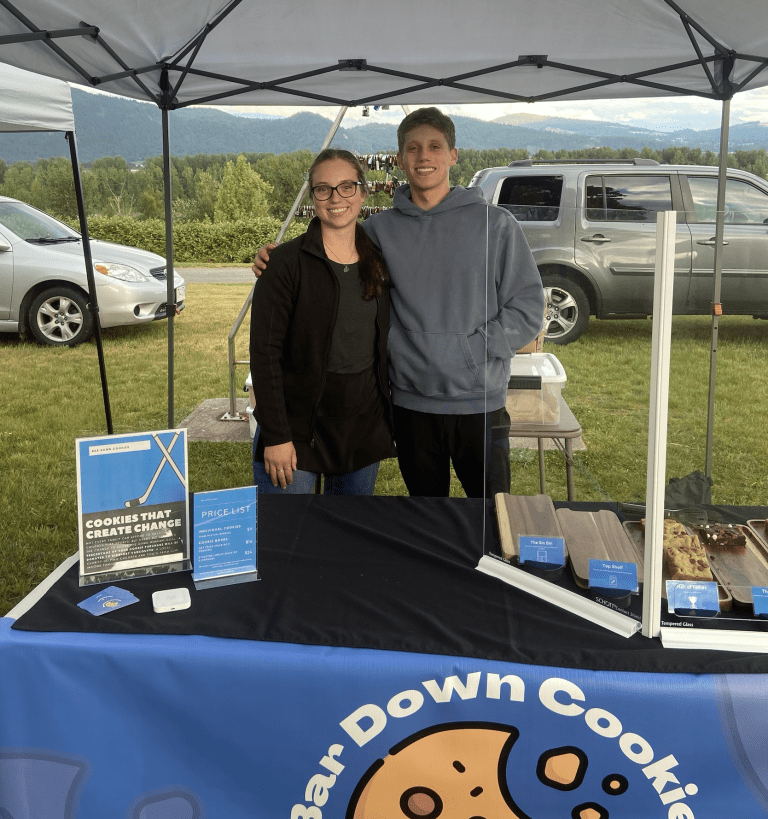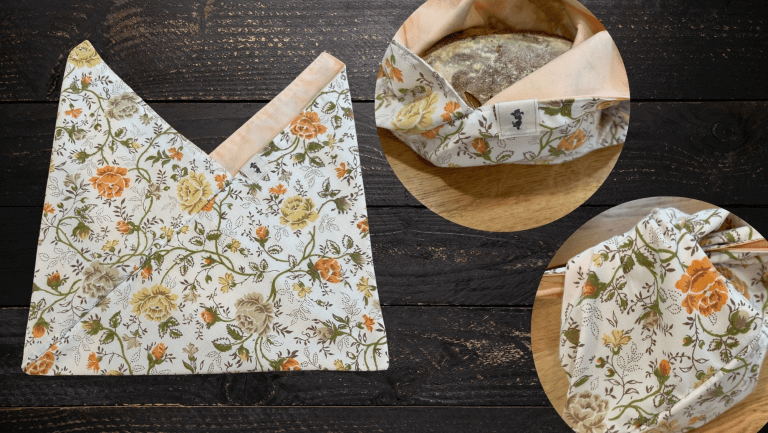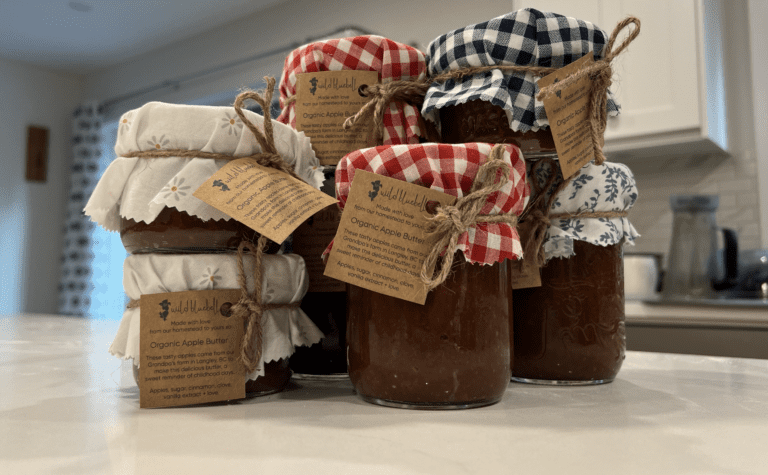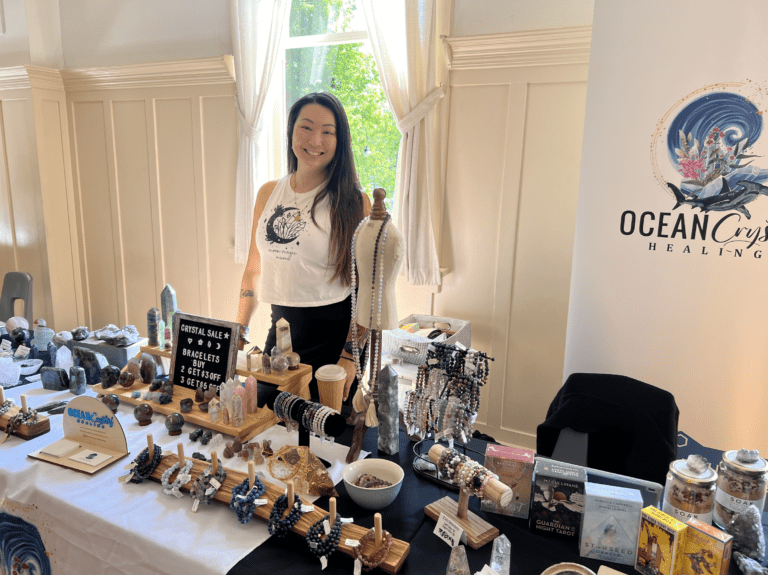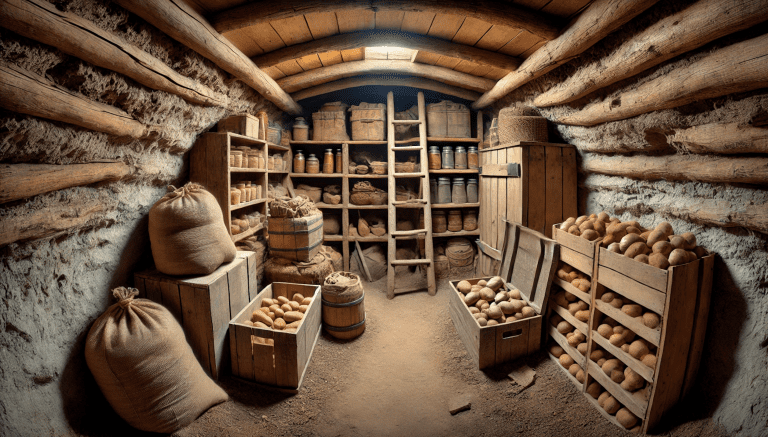Bartering and trading can be an effective way for homesteaders to save money by exchanging goods and services without using money.
Here are some tips for bartering and trading on your homestead:
Identify your skills and assets: Determine what skills you have and what assets you can offer in exchange for goods and services. For example, if you have excess garden produce, you can offer it to a neighbor in exchange for a homemade quilt.
Find potential trading partners: Reach out to friends, family, and neighbors who may be interested in bartering and trading. You can also search for local bartering and trading groups online or through social media.
Negotiate fair trades: Make sure that both parties agree to a fair trade. For example, if you offer to mow someone’s lawn in exchange for fresh eggs, make sure you are both satisfied with the exchange.
Keep track of trades: Record the details of each trade, including what was exchanged and the agreed-upon value. This will help you keep track of your trades and ensure that both parties follow through with their commitments.
Be creative: Bartering and trading can be a fun and creative way to save money. Don’t be afraid to think outside the box and offer unique services or goods in exchange for what you need.
Overall, bartering and trading can be a great way to save money as a homesteader, but it’s important to approach it with clear communication and fair trades.
Bartering and trading have been used by homesteaders in Canada and the United States for centuries. In the early days of settlement, when cash was scarce, bartering was a common way for farmers and homesteaders to obtain the goods and services they needed.
In Canada, bartering and trading were used extensively by Indigenous peoples prior to the arrival of European settlers. Indigenous peoples traded goods such as furs, fish, and maple sugar with each other and with European traders. As settlers arrived, they also began to trade with Indigenous peoples and among themselves using a barter system.
In the United States, bartering and trading were used extensively during the colonial period. Colonists traded goods such as tobacco, fur, and grain with England and other European countries. Homesteaders on the American frontier also traded with each other, exchanging goods such as livestock, produce, and textiles.
As the economies of Canada and the United States developed and cash became more widely available, bartering and trading became less common. However, homesteaders continued to use these methods as a way to obtain goods and services they needed without spending cash.
Today, bartering and trading have seen a resurgence in popularity among homesteaders and other groups looking to live more self-sufficiently and sustainably. Online bartering and trading platforms have made it easier for people to connect with each other and exchange goods and services. Some homesteaders also participate in local farmers’ markets and trade their goods with other vendors or customers.
Wild Bluebell Homestead is a charming hobby farm located in Abbotsford that offers a range of hand-made artisanal products, curated vintage furniture, sourdough bread, and other homemade items. The homestead is dedicated to creating unique and high-quality products that are beautiful, functional, and long-lasting, plus each item is carefully crafted with attention to detail. Customers can expect a warm and welcoming experience and a range of products that are perfect for adding a touch of rustic charm to any home.




